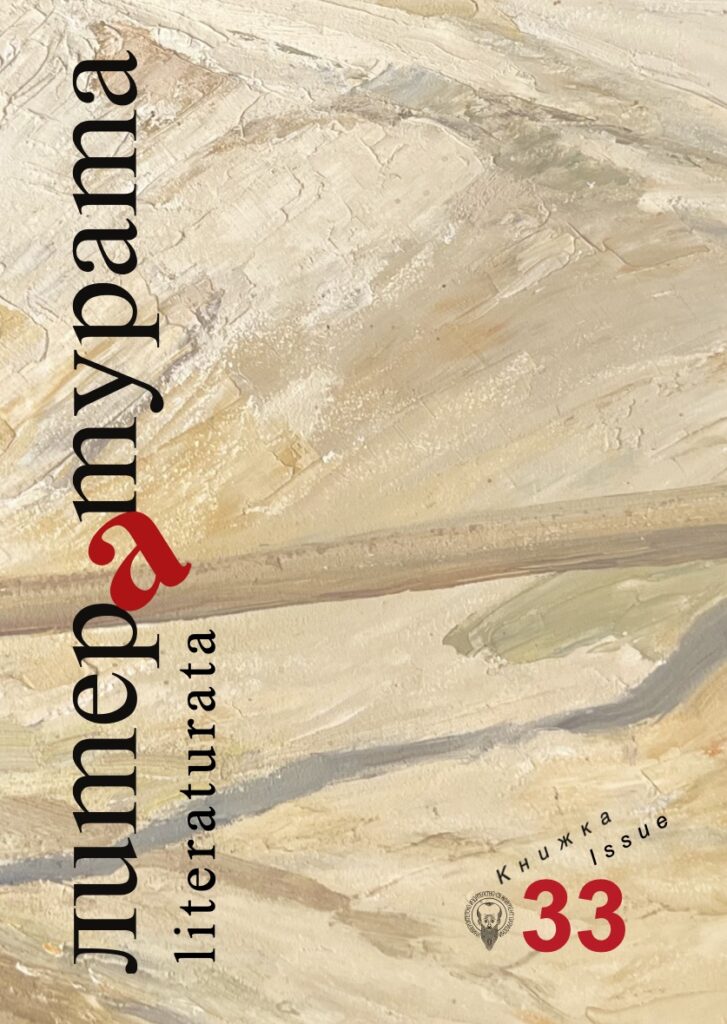Georgi Canev Bulgarian Childrens’ Literature Popularity and Mass Production
https://doi.org/10.60056/Lit.2024.33.405-425 https://www.ceeol.com/search/article-detail?id=1306332 Georgi Canev Bulgarian Childrens’ Literature Popularity and Mass Production Alexandra Antonova Institute for Literature at the Bulgarian Academy of Sciences, Bulgaria aantonova@ilit.bas.bg The subject of the present study is Georgi Canev’s article “Literature for Chil- dren”, published “Art and Criticism” magazine in 1939, which interprets chil- dren’s literature in its role and function as popular literature, with all the nega- tives of popularity that threatens to turn creativity into production. The article poses the important literary-sociological (literary-economic) problem of the in- creased market incentive in Bulgarian children’s book publishing at the end of the 1930s, resulting […]
Georgi Canev Bulgarian Childrens’ Literature Popularity and Mass Production Read more »

